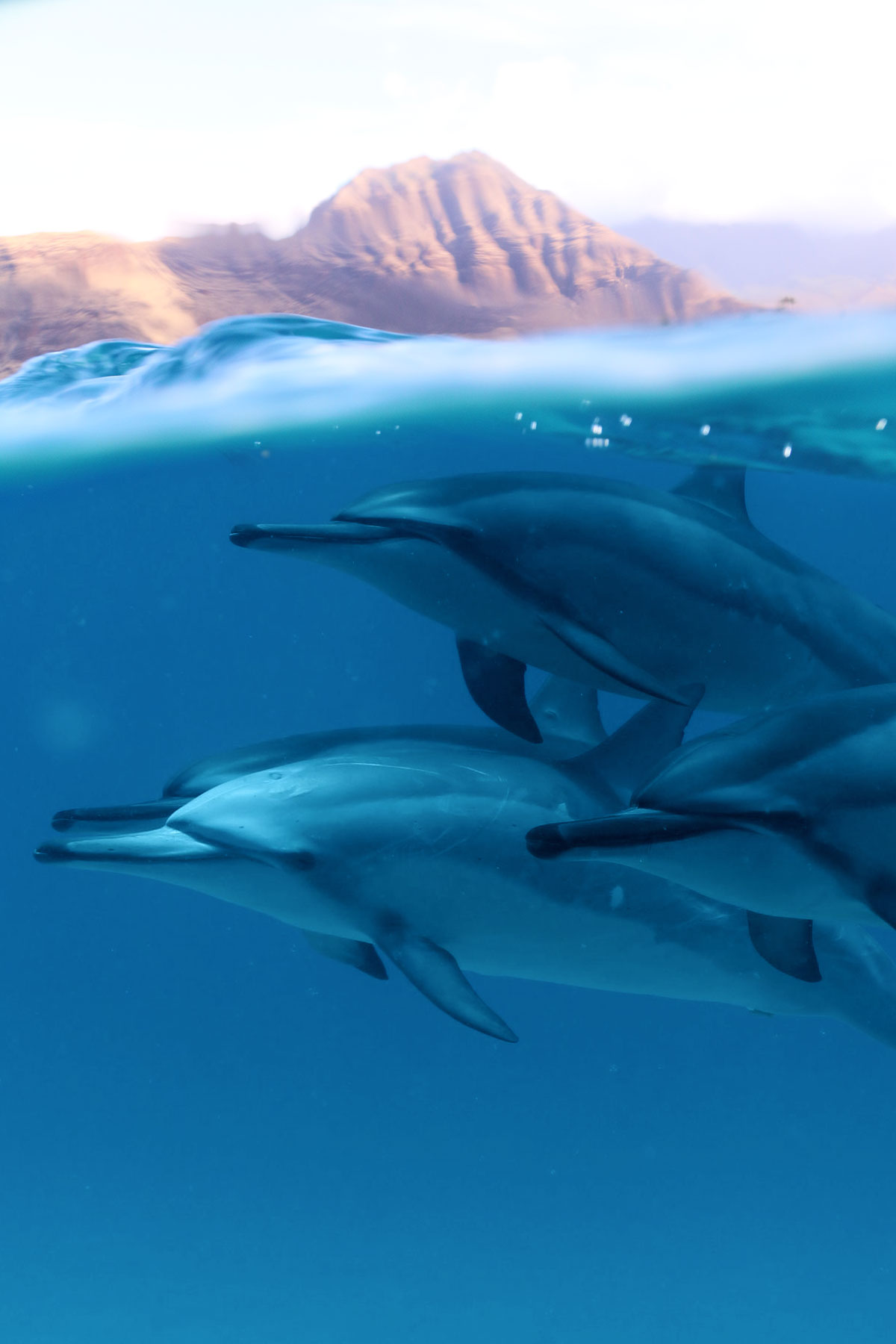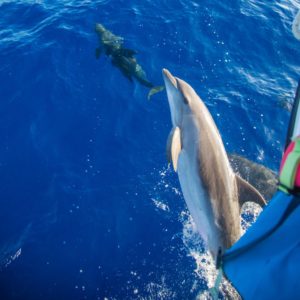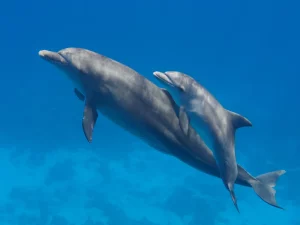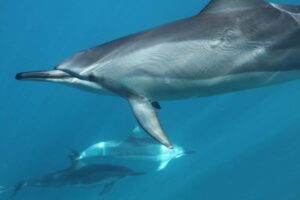SHORT ANSWER: The Morning and Late Afternoon.
The best time of the day to see dolphins can vary depending on the species and location, but generally, early mornings and late afternoons tend to be favorable. During these times, the water is often calmer, and the lighting conditions are ideal for spotting dolphins. Dolphins are known to be more active during these periods, engaging in activities such as feeding, playing, and socializing.
What time of day do dolphins feed?
Dolphins are opportunistic feeders, and their feeding patterns can be influenced by the availability of prey. Typically, dolphins feed during daylight hours, and the best time to witness this behavior is often around sunrise or sunset. During these times, there is an abundance of fish and other marine life near the surface, attracting dolphins to engage in their feeding rituals.
Where are you most likely to see dolphins?
When seeking dolphins, one is most likely to spot them in areas with abundant food sources, such as coastal regions, bays, and estuaries. Dolphins are highly adaptable and can be found in both saltwater and freshwater environments. Some species may also frequent areas near fishing boats, taking advantage of the fish disturbed by the vessels.
What are the best conditions to see dolphins?
The best conditions for seeing dolphins include calm seas and clear water. These conditions not only make it easier to spot dolphins swimming near the surface but also enhance the overall experience for observers. Additionally, favorable weather conditions, such as a lack of heavy rain or strong winds, can contribute to a more enjoyable dolphin-watching experience.
It’s important to note that the behavior and presence of dolphins can be unpredictable, and there is no guarantee of sightings. However, by considering the time of day, feeding patterns, preferred habitats, and favorable weather conditions, enthusiasts can increase their chances of witnessing these intelligent marine mammals in their natural environment.










